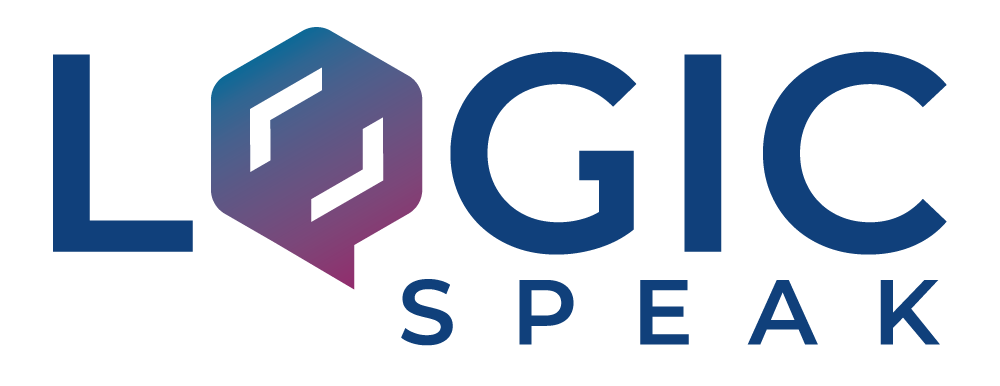In the ever-evolving world of information technology, adhering to best practices and compliance standards is crucial for the success of local Atlanta businesses. These guidelines and regulations not only ensure efficient and secure IT operations but also enhance overall performance. In this blog, we’ll explore key components of IT best practices and compliance standards to consider.
IT Governance
- Establish an IT governance framework to align IT strategies with business objectives.
- Define roles and responsibilities for IT decision-making and accountability.
Cybersecurity
- Regularly update and patch software and systems to protect against vulnerabilities.
- Implement strong access controls, including multi-factor authentication.
- Conduct regular security audits and risk assessments.
- Educate employees about cybersecurity awareness and best practices.
Data Backup and Recovery
- Regularly back up critical data and systems to prevent data loss in case of emergencies.
- Develop a comprehensive disaster recovery plan to ensure business continuity.
Change Management
- Implement a change management process to manage and document all changes to IT systems.
- Ensure that changes are properly tested and do not disrupt operations.
Stay Connected!
Get the latest IT trends and best practices in your inbox.
IT Service Management
• Adopt IT Service Management (ITSM) frameworks like ITIL or COBIT to improve service delivery and customer satisfaction.
• Establish a service desk to handle user issues and requests efficiently.
Asset Management
• Maintain an inventory of hardware and software assets.
• Implement lifecycle management for IT assets to optimize costs and performance.
Monitoring and Performance Management
• Monitor network, server, and application performance to identify issues proactively.
• Set performance benchmarks and metrics to ensure optimal IT performance.
Cloud Computing Best Practices
• Develop a cloud strategy that aligns with business goals.
• Implement robust cloud security controls and data encryption.
• Monitor cloud usage and costs to avoid unexpected expenses.
Vendor Management
• Establish strong vendor relationships and hold vendors accountable for service-level agreements.
• Evaluate vendor performance regularly and consider competitive bids.
Capacity Planning
• Predict future IT resource needs and allocate resources efficiently.
• Scale infrastructure and services as the business grows.
Documentation
• Maintain detailed documentation of IT infrastructure, configurations, and procedures.
• Ensure that documentation is up to date and accessible to IT staff.
Some industries require adherence to formal compliance policies. Compliance and Regulatory Standards include the following:
- ISO 27001 (Information Security Management): ISO 27001 sets the framework for establishing, implementing, maintaining, and continually improving information security management systems within an organization. It’s crucial for protecting sensitive data.
- ISO 9001 (Quality Management): ISO 9001 focuses on quality management systems, helping businesses ensure consistent product and service quality while enhancing customer satisfaction.
- NIST Cybersecurity Framework: Developed by the U.S. National Institute of Standards and Technology, this framework provides guidelines for improving cybersecurity in organizations, particularly in critical infrastructure sectors.
- PCI DSS (Payment Card Industry Data Security Standard): If your business handles credit card transactions, compliance with PCI DSS is essential to protect cardholder data and maintain trust with customers.
- HIPAA (Health Insurance Portability and Accountability Act): If your business operates in the healthcare sector, HIPAA outlines security standards for protecting patients’ sensitive health information.
- GDPR (General Data Protection Regulation): GDPR is a European Union regulation that affects any business handling personal data of EU citizens. It mandates strict data protection and privacy practices.
- ITIL (Information Technology Infrastructure Library): ITIL is a set of practices for IT service management (ITSM) that focuses on aligning IT services with the needs of the business and improving overall IT operations.
- COBIT (Control Objectives for Information and Related Technologies): COBIT provides a framework for governing and managing enterprise IT. It aligns IT goals with business goals and ensures effective risk management and resource optimization.
- SOC 2 (System and Organization Controls 2): A report based on the American Institute of CPAs (AICPA) Trust Services Criteria, SOC 2 measures an organization’s non-financial reporting controls and their ability to meet security, availability, processing integrity, confidentiality, and privacy standards.
- CMMI (Capability Maturity Model Integration): CMMI helps businesses optimize processes, improve performance, and achieve measurable results. It’s commonly used in software development and service delivery.Please note that IT standards and regulations can vary by location and industry, and they continue to evolve and change. It’s essential to stay up-to-date with the latest standards and regulations applicable to your specific business and industry. Consulting with experts in IT governance, compliance, and cybersecurity is often necessary to ensure full compliance with relevant standards.

